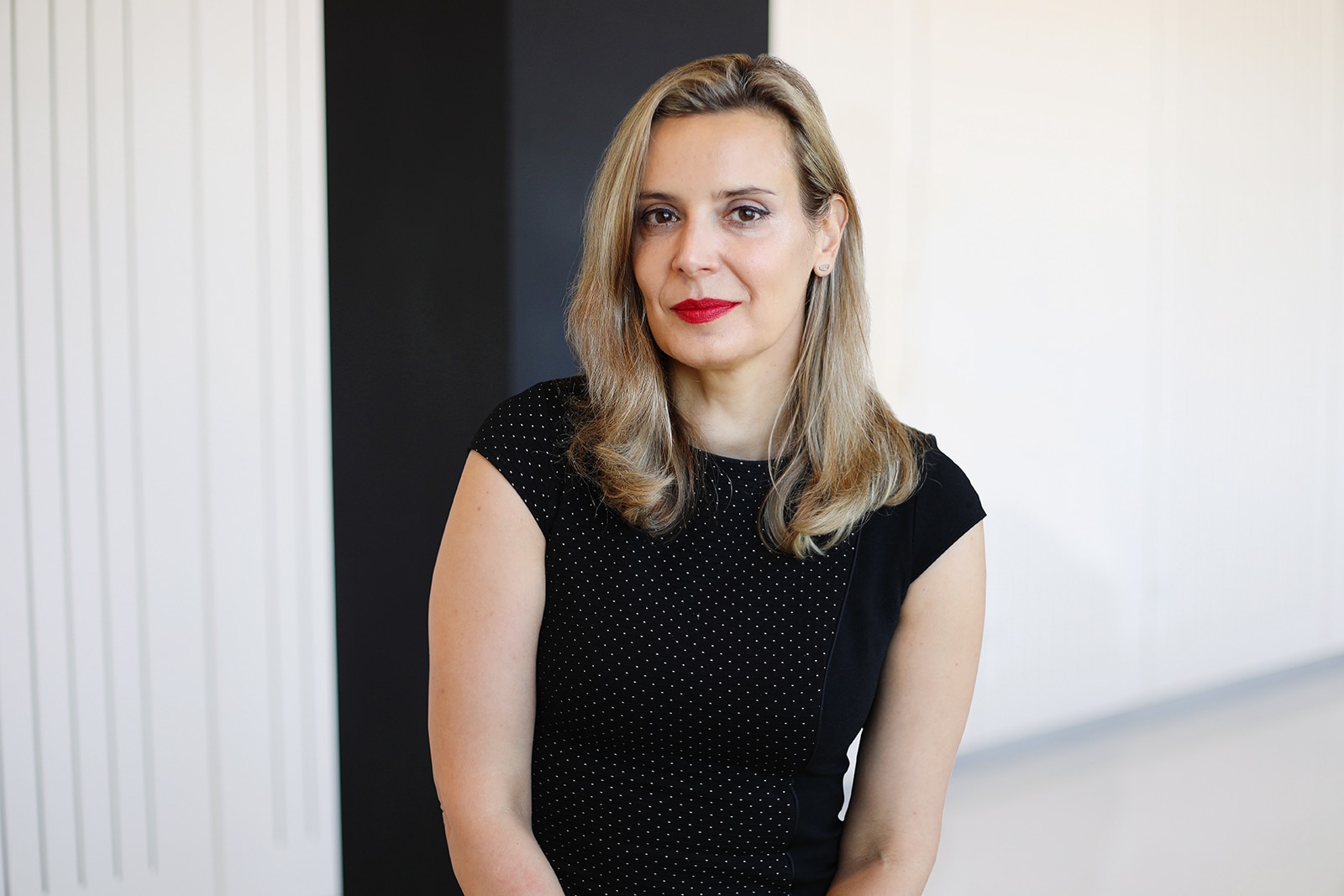
Two health leaders from The University of Western Australia have been elected as new Fellows of the Australian Academy of Health and Medical Sciences.
The Academy welcomed 15 women and 16 men to its Fellowship, recognising the brightest minds in health and medical sciences across a range of fields.
New Fellows include Acting Deputy Vice Chancellor (Research) Professor Anna Nowak from the UWA Medical School and Professor Aleksandra Filipovska, Deputy Director of the ARC Centre of Synthetic Biology and an NHMRC Senior Research Fellow at UWA, Harry Perkins Institute of Medical Research and Honorary Professor at Telethon Kids Institute.
A leading oncologist in malignant mesothelioma and neuro-oncology research, prior to her role as Acting Deputy Vice Chancellor (Research), Professor Nowak was a Medical Oncologist at Sir Charles Gairdner Hospital (SCGH) and Director of the National Centre for Asbestos Related Diseases (NCARD) at UWA.
Completing her medical training at UWA in 1990, medical oncology training (FRACP) in 2000, and a PhD at UWA in 2003, she has longstanding research and clinical interests in malignant mesothelioma and neuro-oncology and has taken significant national and international leadership roles in these fields.
With her laboratory-based PhD thesis in tumour immunology, followed by a postdoctoral fellowship in clinical trials and quality of life research, Professor Nowak has gained a unique translational perspective with expertise in laboratory science, clinical trials, patient-rated outcomes and quality of life.
In 2018 she was named WA Cancer Researcher of the Year, and in 2020 she became an invited member of the board of the Cancer Council of Western Australia. She also received the inaugural Professor Martin H Tattersall Heroes award from the Medical Oncology Group of Australia, and the 2021 Wagner Medal from the International Mesothelioma Interest Group.
Professor Filipovska is internationally renowned for her pioneering work in mitochondrial genomics, genetic disease and synthetic biology. She has developed new technologies that have re-defined the mitochondrial transcriptome, its regulation in health and diseases.
Professor Filipovska’s research is focused on mitochondria, the ‘powerhouses’ that provide all human cells with energy, with particular emphasis on how mutations in genes encoding for mitochondrial proteins can lead to disease and in developing new approaches to manipulate mitochondrial DNA replication and expression as therapies for currently incurable genetic diseases. Her research has been widely recognised and she has received national and international awards including the Merck Medal, Australian Academy of Sciences Ruth Stephens Gani Medal and the Australasia Ross Crozier Medal. She is a passionate supporter of early and mid-career researchers, raising their profiles nationally and internationally.
Professor Filipovska’s research has led to new therapeutics and diagnosis of patients with genetic disorders. She has played a pivotal role in developing the mitochondrial gene expression field that has provided insight into the underlying pathology of mitochondrial diseases, paving the way for future treatments for these incurable diseases. Most recently, she has pioneered the new field of medicinal synthetic biology through the development and licencing of new generation gene editing tools. As a Director at the Mito Foundation she plays a key role in advocating for the mitochondrial disease community and mitochondrial donation.
“It is a privilege to be honoured by the Academy and act as its ambassador. My goal is to drive cutting edge discovery research that benefits the community,“ Professor Filipovska said.
MEDIA REFERENCES:
Liz McGrath (UWA Media Advisor) 08 6488 7975
